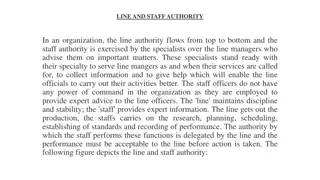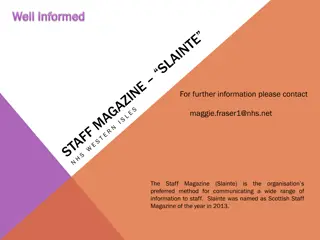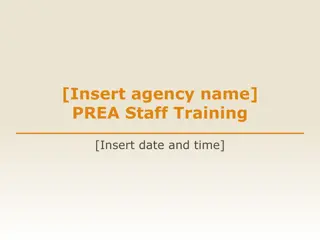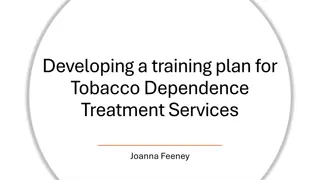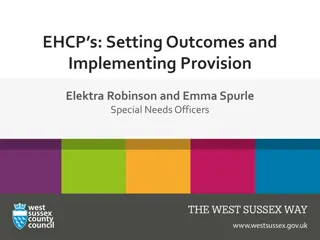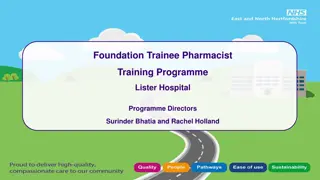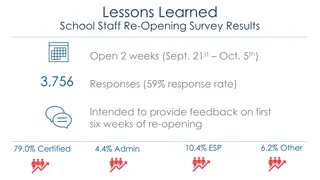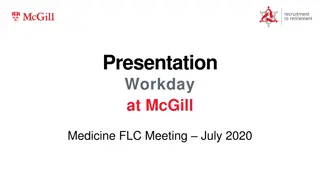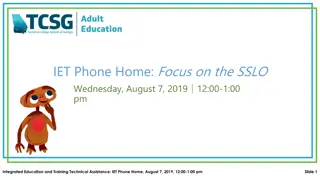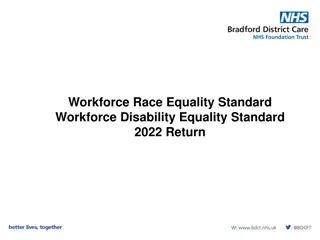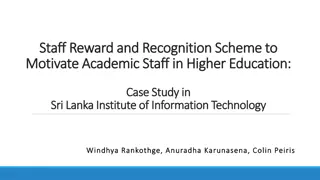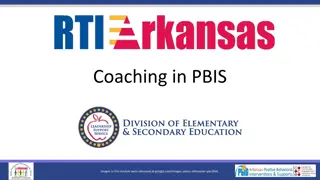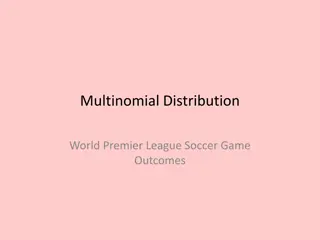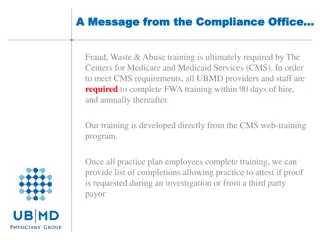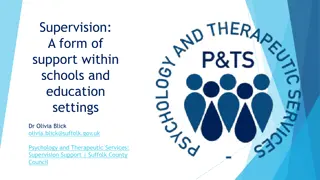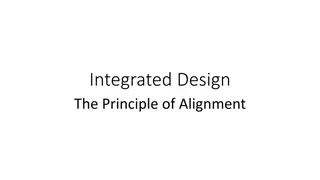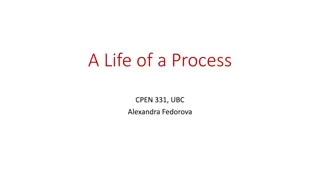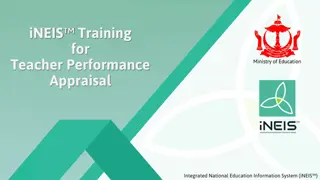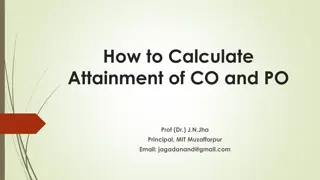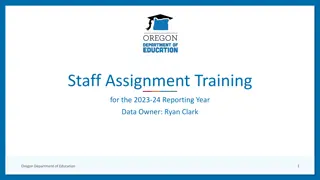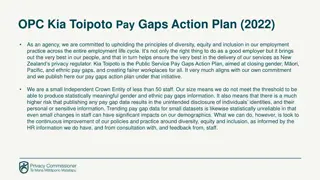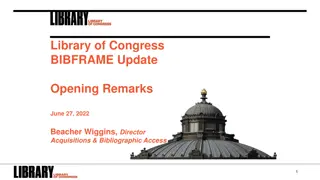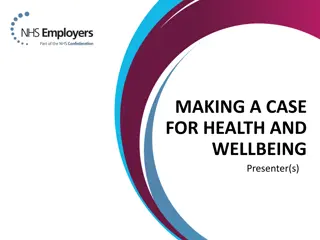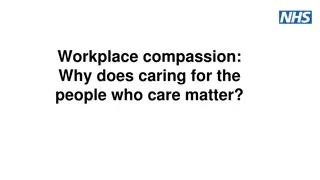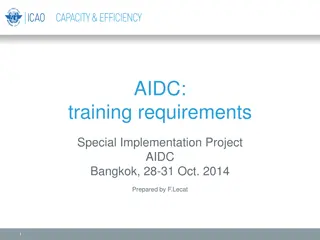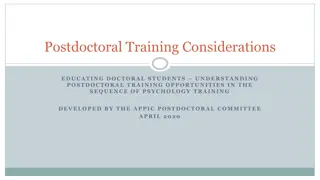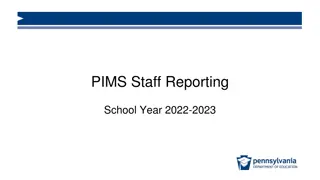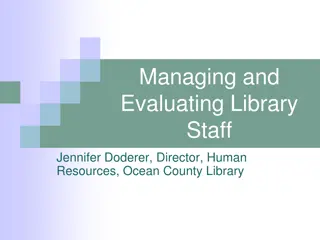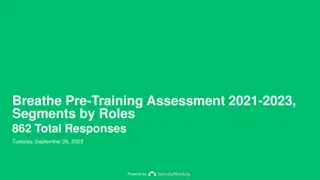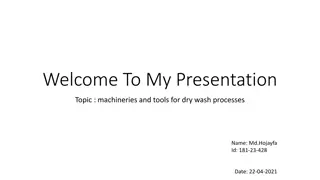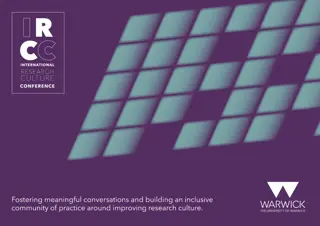Insights into Coproduced Staff Training Processes and Outcomes
Dive into the reflections, evaluations, and experiences of coproduced staff training by Joanna Dawson and Toni King. Explore themes like safety planning, learning from lived experiences, and the impact of language. Discover the essence of assets, capacity, mutuality, networks, shared roles, and catalysts in the co-production process. Engage with feedback from focus groups, training development, and exercises aimed at fostering recovery and positive self-identity.
Download Presentation

Please find below an Image/Link to download the presentation.
The content on the website is provided AS IS for your information and personal use only. It may not be sold, licensed, or shared on other websites without obtaining consent from the author. Download presentation by click this link. If you encounter any issues during the download, it is possible that the publisher has removed the file from their server.
E N D
Presentation Transcript
Reflections on the Process and Outcomes of Coproduced Staff Training Joanna Dawson Toni King
How we did that Evaluation of training Experience of coproduction Our learning Safety Planning Learning From Lived Experience Joanna Dawson and Toni King Peer Workers & Trust Thematic Lead Recovery
How 1. Assets Co-production traditional recipient(s) of a service becomes part of delivering the solution 2. Capacity 3. Mutuality 4. Networks 5. Shared roles 6. Catalysts Slay & Stephens
Invites Focus Groups Email correspondence Survey monkey Training co-development Training co-delivery Training co-evaluation
Training Feedback on findings from focus groups Including: Group members thoughts on Joiner s model of suicide What helps and hinders the experience of having your risk of suicide assessed Encouraging self reflection on how staff approach this & personal changes to practice Shared the groups thought on the importance of language
Developing the Training Two reflections Recovery approach Create similar process within the training
Exercise Changing the Focus: Use separate post its for each 2 or 3 words / phrases which mean the opposite of Thwarted Belongingness Perceived Burdensomeness
Four Tasks of Recovery: Place post its from Perceived Burdensomeness Thwarted Belongingness onto matching category Developing a positive self identity Reframing the mental illness Self management Developing valued social roles Slade M (2009) Personal Recovery and Mental Illness: A Guide for Mental Health Professionals. Cambridge University Press. London.
Evaluation Trainees (staff at mandatory training) Members of coproduction group For us
Staff This data was gathered from trainees via Survey Monkey Agreement with the Statement: Hearing about the reflections of people who have experienced a risk assessment has taught me something new. Agreement with the Statement: The fact the workshop was co- delivered by someone with lived experience made it more valuable / interesting to me. 5 5 4 4 3 3 2 2 1 1 0 0 Strongly Agree Disagree Agree Strongly Agree Strongly Agree Disagree Agree Strongly Agree
Coproducers: Evaluating the Process A focus group was held so that the coproduction group could evaluate the process. There were the conclusions: Motivation Wanted to Change things (frustrated by current processes) Attendance & Contribution Effected by life situations, heavy subject . Clear permission to move in and out of project , OK not to do too much Wellbeing Ratings scale; helped me recognise this was not the right time for me useful to check in I don t have to pretend I am a whole person Valuing Time compensate for my time versus payment would make me worry I m not contributing enough Communication Emails were sensitive but persistent I had a choice ; Emails are good I can ignore them if not up to it .
Coproducers: Evaluating the Experience A focus group was held so that the coproduction group could evaluate the process. There were the conclusions: I grew in confidence beyond the group I learnt to be vulnerable in a group and still be valued (not cover up) I can connect with professionals in a different and compassionate way I learnt about how the disempowered can engage with each other We did well with the training I m proud of it Assets Capacity Mutuality Networks Shared roles Catalysts
Co-production has helped me to trust mental health professionals and service providers. Psychiatry has a long history of violence, the resonance of which still impacts on professional/patient relationships. The opportunity to work on an equal footing with mental health professionals helped me to address my fear of psy-violence and work positively with mental health professionals.
I cannot communicate my experience of madness in a sane way. (But I m ok with that.) My default setting is to approach mental health services with an us and them attitude and I still want professionals to empathize the chaos, distress and instability that my madness created in me. However, through co-production I have come to believe that the best way for me to help mental health services to help me and others who need them is to work to promote logical understanding of why certain aspects are experienced in a particular way by service users/ patients rather than try to invoke empathy with my mad self.
In my case the tent was mental health services and I felt my options were to enter the tent or commit suicide. This being the case I desperately needed and wanted to use my learning and experience to contribute to positive change in service provision.
Compromise still takes sensitive negotiating but I feel that this means the process is working and that that we re learning from each other. Structure and language and the things on which we most often to struggle to agree. I believe that this is indicative of the different backgrounds from which we ve come to co-production. When it works we have something which we feel we all own. I have asked a professional to complete my parts of then presentation when I was to anxious to continue talking and such was the success of the process by which we had created that presentation that I felt my voice was heard as strongly as had I been speaking myself.
Our Reflections: Toni Person Centered Disentangle Professional Lens Inclusive Allow Assets To Emerge Over Prepared Trust The Process Worry about Overload Set scene to allow fluidity Clear Agreement More Keeping in Touch Communication
Involvement v coproduction Service User Engagement Conference Some Some No No No No Safety Planning Assets Capacity Mutuality Networks Shared Roles Catalysts Y Y Y Y Y y
Slay J & Stephens L (2013) Co-production in mental health. A literature review. New Economics Foundation. London
Thankyou Toni.king@solent.nhs.uk jdawson@solentmind.org.uk


